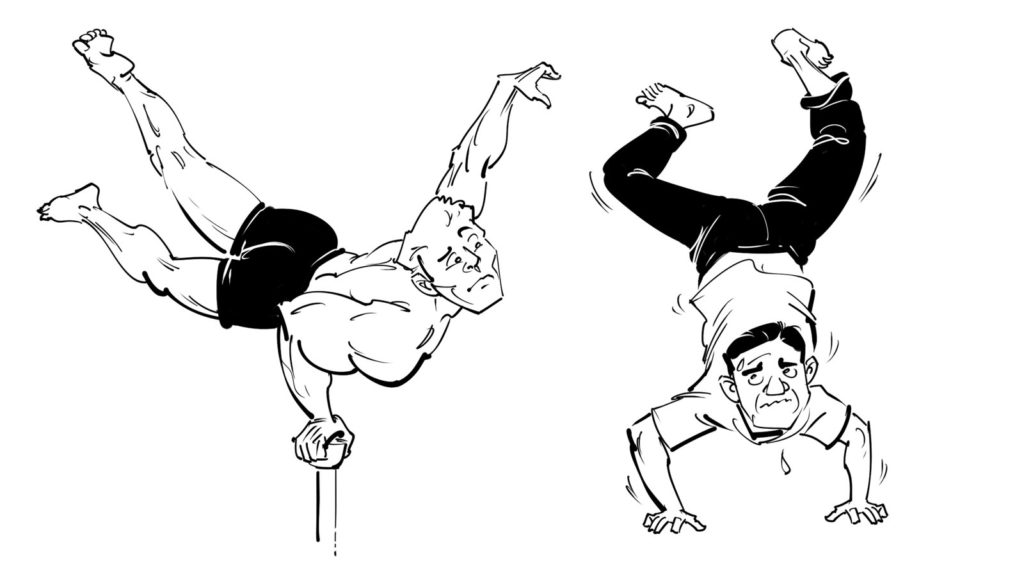Author: Matt Cameron, CEO SaaSy Sales Leadership
Summary – There are too many ‘experts’ discovering a new trick and then preaching about it without understanding the scope of the field. Find the 10,000 hour expert and make sure they stay in their lane.
I have a friend who is a PhD credentialed physicist at the Lawrence Livermore National Laboratory – He builds things that they send up to Mars for experimentation. He recently expressed frustration that I frequently feel and I think worth sharing as a word to the wise – As you think about curating the content you ingest this year, be judicious, because there is a lot of it and it can lead you very astray. He was pissed off because some amateur physicist posted a video of a fan covered in magnets that both turned the fan and charged a phone battery, with the ridiculous insinuation that it had proved a solution to the perpetual motion problem.
He made a lovely point – Showing a ‘battery fan’ perpetual motion device to a physicist is like me learning to handstand and then telling a Cirque du Soleil artist that I had invented a ‘new trick’.
[Ed. note: Matt doesn’t have any hair – A point lost on our artist… He does however have scrawny arms and a terribly unstable handstand]

This applies to you because…
As much as I delight in seeing folks developing new competencies in their careers, if you have been around long enough you will see that these ‘new tricks’ aren’t new at all…. Worse, they are often applied to the wrong context.
One of my pet peeves is someone who finds out that a certain phrase is getting higher response rates in an email campaign…. Or the ‘killer presentation format’ that always gets the result you want. My question is – Do you understand why and in which contexts the suggested approach applies?
My recommendation is this – If you are following someone who is doling out advice, ask yourself these questions:
1) Are they enthusiastic amateurs who can hold a handstand for the millisecond it takes to get the great Instagram pic (and now selling a $70 ‘3 Weeks to a perfect handstand‘ course), or are they someone who has devoted substantial amounts of time (the 10,000 hours) to being a true expert.
2) As an expert, do they have expertise relevant to your context? If you scroll back through the articles, tweets, Linkedin posts etc, ask yourself – Am I getting advice from an ‘expert generalist’ on this topic, or am I curating a portfolio of people with deep insight into topics relevant to what I am doing?
3) Don’t forget that ‘Those who can DO, can’t always teach.’ I have spent considerable time with Olympic athletes in my life and most of them know what works for them, but they don’t know what will work for you. Find the best coach you can, who may not necessarily be the most accomplished athlete.
So here is what I am going to be sure if on 2021 – Be it the venture capitalist who thinks that their financial success translates to philosophy and answering the ‘Why’ of life, or the sales manager who has now become a life-coach, I will be asking myself – If I had to choose my expert in this topic, would I pick this person?
P.S. This goes for me too! I claim to have some useful insights on enterprise sales, sales management and start-ups. I also practice meditation, but I PROMISE not to start tweeting about the top ways to reduce anxiety through a daily mindfulness practice – For that you should jump over to HeadSpace where the co-founder was an actual monk (and a circus artist as it happens).
Time is short – Keep the mental junk food out of your feed 🙂



